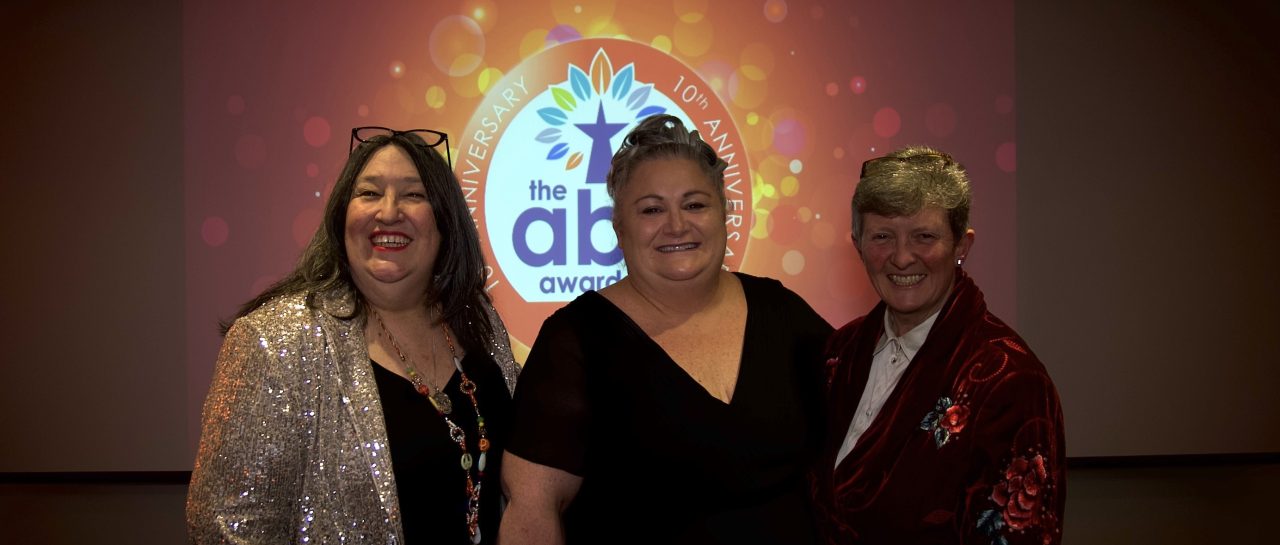As we enter 2025, we are excited to share our vision for the year ahead with the Association for Business Psychology (ABP) community. This year, the theme of Guardianship and Growth remains at the heart of everything we do, driving us to uphold the integrity of…

Presentation by Dr Stewart Desson on research undertaken by Dr Stewart Desson of Lumina Learning, Dr. Joana Suta, and Dr. Tatiana Schifferle Rowson.
4414 people completed a 20-30 minute questionnaire from all over the world, with the objective of a comprehensive analysis of how Covid-19 has affected work, our attitude to it, and our health and wellbeing. Stewart proposed that it has changed who we are, as evidenced by the context in which we live and work, our thoughts, our feelings/emotions, our everyday behaviour, and our response to stress. There were two key objectives:
- To determine how people have been impacted
- To share the extensive research data
The content of the research covered:
- Experiences of COVID-19: Emotionally, Physically, Risk taking, and Critical Life events
- Impact on working life: Remote working, Connection at work, Technology, and Socio-economic variables (e.g. Income)
- Psychological measures of: Adaptive Big Five Personality traits (Desson, Benton & Golding, 2014), Maladaptive Big Five Personality traits (Desson, 2017), Positivity (Caprara, Alessandri, Eisenberg, Kupfer, Steca, Caprara, Yamaguchi, Fukuzawa & Abela, 2012), Emotional Intelligence (Desson, Ensor & Cannon, 2018), and Adaptability and Resilience at work (Zacher & Frese, 2011)
- General state of health including Risks to Mental Health (Goldberg & Williams, 1988)
The potential limitations of the research include:
- Convenience sampling
- Based on organisations willing to support the research
- Based on organisations interested in gathering their own data
- Based on individuals willing to support research
- Based on individuals incentivised to receive a free report on their personality
- In some countries, the sample size is too small for meaningful comparisons. (This is being rectified with ongoing data gathering)
- Results shared are just an initial analysis of the data
The sample included a majority of employed people: 71% employed, 9% self employed with high levels of educational attainment (82% had a degree). It covered mainly those in Office work, Corporations, banking, technology companies and universities, but remarkably it covered responses from over 40 countries. It is proposed to extend the research to the Covid second wave and include other aspects such as the impact of remote working on inviduals suffering from chronic illness.
What we are seeing as general global patterns, are
- Greater anxiety, partly as a result of being more remote from others and decision making processes
- More risk aversion
- Changes in our response to stress, along with changes in patterns of stress
- 11% or respondents across the globe self-identified as having mental health conditions. (A comparable finding with data from IHME – 13%)
- 9% have had or believe themselves to have had Covid (Imperial College estimates ~6%)
- 5% have lost a close family member, consistent with P-scores globally (a measure of excess deaths)
But do these observations mean that we have really changed? The experience could have had an impact in the sense of causing a reaction to a changed environment, but this could easily reverse post lockdown. However, significant change could have triggered changes in the frequency of mental health issues. Whilst there has been a slight change, this was not found to be statistically significant, and more fundamental changes will be the subject of further research. Further observations are that we are more susceptible to risk awareness, our sociability has decreased, we are more reflective and slightly more introverted, but the research has shown that some introverts like the support of an office environment, exploding the myth that introverts are natural loners.
The messages for senior management who now have challenges to address are:
- Remote working is here to stay. 90% of us want to retain some degree of home working, and 40% of us dislike the commute, which is expensive and, for those who have to travel by car to work, affects the environment.
- More connection with managers and colleagues is required. We need to be more mindful of the fact that at least 50% of us prefer to go into the office, if perhaps only because they are unsure of how to efficiently work remotely, and they are more productive with the stimulation of a work environment.
- More emotional support. Many remote workers frequently request this, as there was a big increase, following lockdown, in anxiety, loneliness, isolation and disconnectedness. However, there is a substantial difference in responses between those working 100% remotely and those working only part of the time at home.
- More practical and technical support is required as too much time is wasted on learning new methods of working. More people (45%) felt they were less productive than those more productive (13%) and 43% are working longer hours at home and 47% have suffered a drop in income.
Stewart gave two anecdotal examples of his own organisation, where two colleagues had changed significantly under prevailing circumstances. One, highly discipline driven, had taught herself to develop more adaptability and “big picture thinking”. Another, not naturally a people person, found himself trying more to collaborate, working hard on showing empathy, especially with clients. What was particularly interesting was the extent to which these changes derived from over-extended (maladaptive) behaviours, which were derived from forced behavioural changes and prevailing circumstances.
In the wider sample, there were three particular clusters of behavioural change: an increase in willingness to help out (empathy), a tendency amongst those naturally “people” people and creative individuals to be more discipline driven (more of a crisis approach to work), more vigilant and cautious (28% increase), and a 36% increase in tendency towards introversion. There was a tendency away from being driven by inspiration and spontaneity, and a substantial reduction in levels of sociability.
Should lockdown have happened sooner? 80% of UK respondents were dissatisfied with the UK government’s approach, but responses varied from country to country and other factors crept in: for example the Hong Kong government was felt to have caused dissatisfaction, but this can perhaps be attributed to extenuating factors involving the current political climate there.
The hypotheses which have been tested as a result of this research are that:
H1: There has been a statistically significant increase in mental health risk during the pandemic. Inconclusive
H2: There has been a statistically significant increase in vigilance (Neuroticism) during the pandemic. Strong Evidence
H3: There has been a statistically significant increase in feelings of anxiety (Neuroticism) during the pandemic. Strong Evidence
H4: There has been a statistically significant decrease in sociability (Extraversion) during the pandemic: Strong indications
H5: There has been a statistically significant increase in reflection (Introversion) during the pandemic: Strong evidence
H6: People with a high introverted preference are more likely to want to work remotely compared to people with a high extraverted preference: Inconclusive, but probably not true.
Further, some research from China suggested that optimism and building of resilience had a positive effect on productivity, and was an antidote to the common problem of anxiety when working remotely with the threat of Covid. Additionally, although the data concerning the overall effect of Covid on mental health is inconclusive, mental health conditions are widely prevalent, and organisations need to work much harder to address and accommodate them.
RT
09Nov20



